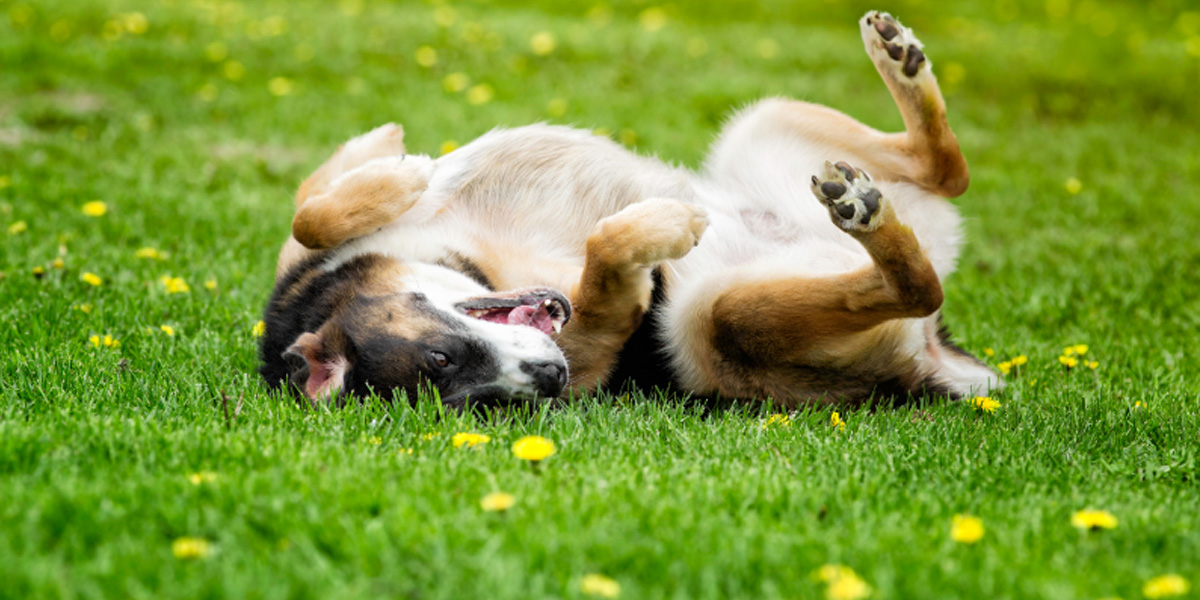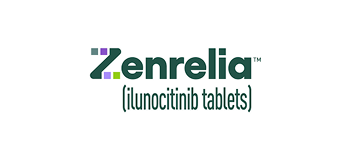
Dogs, just like us, enjoy covering themselves in aromas that are pleasing to them. Unfortunately, we seem to disagree on what makes an aroma pleasant. To dogs, the more pungent, the better. They can't resist rolling in poop, making sure it gets embedded deeply into the fur on their neck and chest.
Nobody knows exactly why dogs roll in poop. They definitely get this habit from their wild ancestors. It may be because strong odors mask their own, which would help an almighty hunter sneak up on their prey. It could also be a way to carry scent-based information to other dogs about where they've been.
Can Rolling In Poop Make Your Dog Sick?
Poop-related shenanigans are more than a gross habit - they can also be a health hazard. Wild animals, whose poop seems to have the most alluring aromas, often harbor parasites in their digestive tract. Worms, larvae and eggs can all be present in poop, and may or may not be visible to the naked eye.
Even if your dog does not seem to actually eat poop, they may swallow parasites as they lick their contaminated paws or fur. All it takes is one tiny egg to make your dog sick. Regardless of whether your dog is known to eat poop, you should have them on a preventative such as Interceptor Plus to protect them against heartworms, roundworms, whipworms, tapeworms and hookworms, all with one easy monthly tablet.
Your dog should also have a yearly exam with your veterinarian. Remember to bring a poop sample so your vet can screen your dog for parasites. Tapeworms and roundworms sometimes show up in dog's poop, but you can't actually see other types of worms. That's why it's important to have your dog screened regularly, and to make a vet appointment if you suspect your dog has picked up a parasite.
Getting Your Dog Fresh And Clean Again
Just a splotch? You can skip the bath and spot-clean your dog with grooming wipes.
For those big messes, you'll need to wash your dog from nose to tail to get rid of streaks and smells.
In the summertime, you can get away with washing your dog outside with a garden hose. Just make sure the temperature and water pressure are stable. Otherwise, you can use a kiddie pool as an outdoor bathtub.
Use a dog shampoo like our Oatmeal and Aloe Vera Shampoo to gently moisturize your dog's skin and coat while cleansing away poop and lingering odors. For white dogs, remove stains with our lotus scented Be Bright White Shampoo.
How To Get Your Dog To Stop Rolling In Poop
It's tough to fight your dog's natural urge to roll in yucky stuff.
You can try teaching a solid "leave it," command, though your dog will still likely roll in poop when you're not around.
To save yourself another mess, you can pick up poop in your yard before letting your dog out each morning, especially during the spring and summer when critters are the most active.
If your dog rolls in poop they find elsewhere, you may want to keep them leashed. Also, you may want to keep a washable nylon collar on-hand with spare tags that your dog can wear when you're bound to run into stinky situations.












































